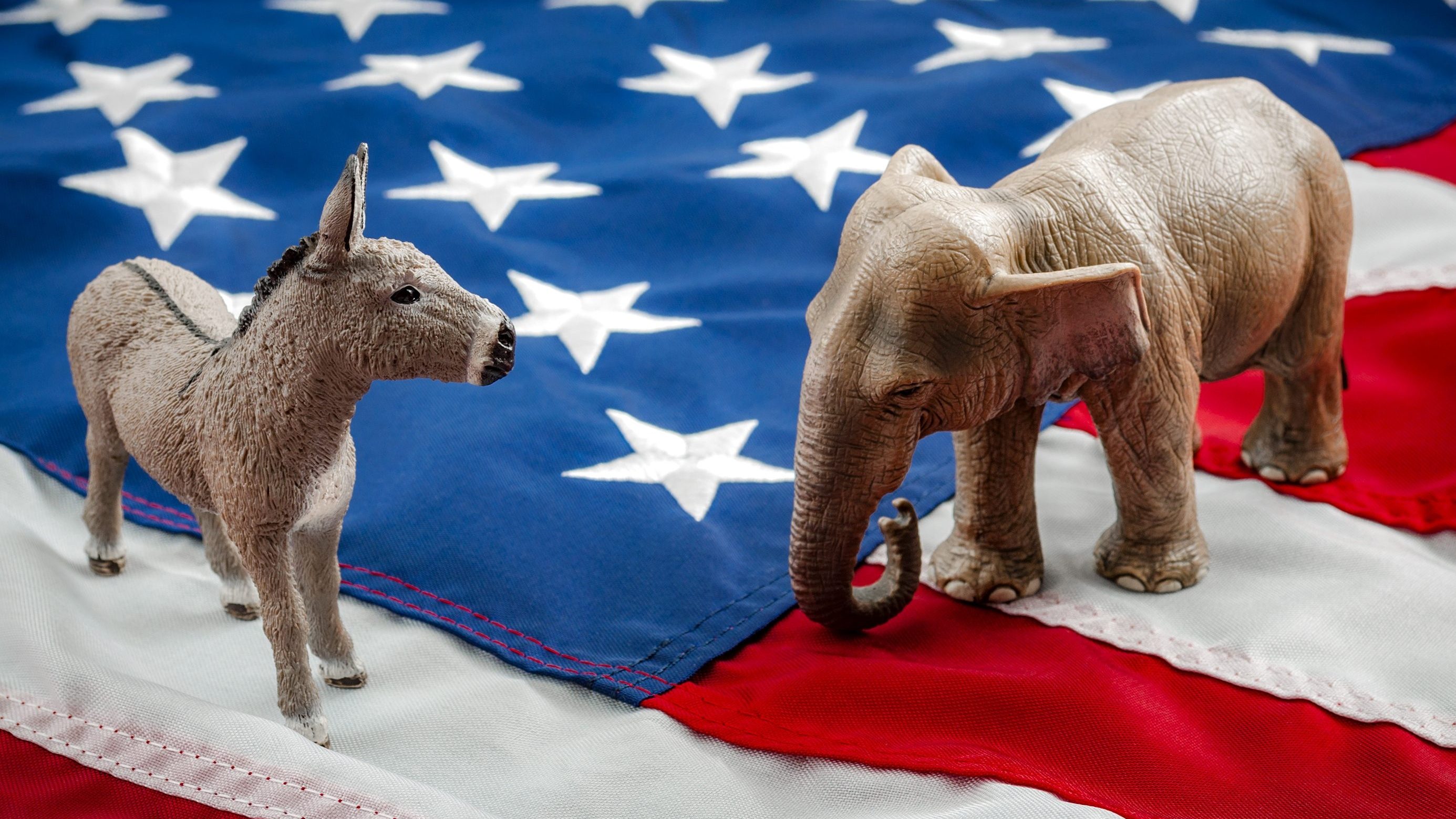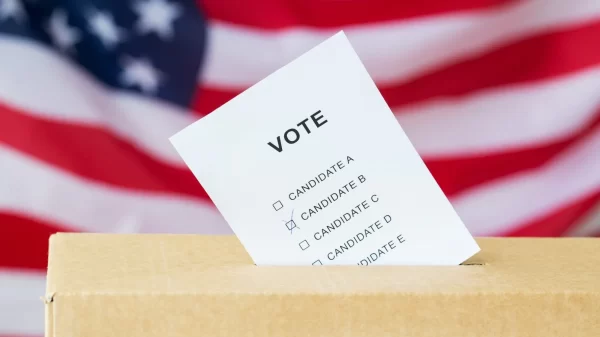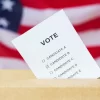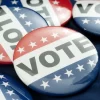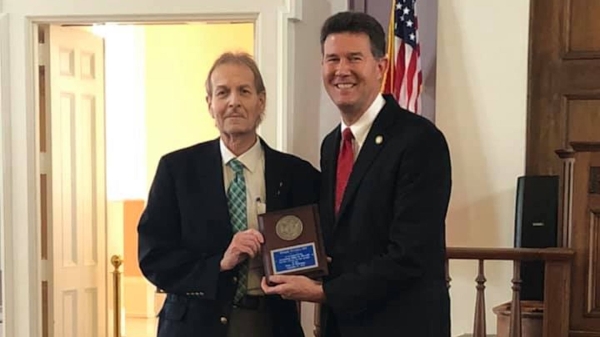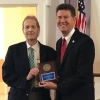Alabama was ranked fourth from last in political engagement in the country in 2020 in an analysis done by the personal finance website WalletHub.
The study scored states based on 11 key indicators of political engagement. Those included things like voter turnout, political donations and voter accessibility policies.
A record 137.5 million Americans voted in the 2016 presidential election, but that only accounts for 61.4 percent of citizens who are old enough to vote. The U.S. ranks 26 in voter turnout among the world’s 35 developed nations.
“That’s no surprise, considering most states don’t emphasize civic education in their schools,” the report points out. “Large proportions of the public fail even simple knowledge tests such as knowing whether one’s state requires identification in order to vote.”
One of the study’s metrics where Alabama scored lowest was the percentage of the electorate that voted in the 2016 election, which was 57.4 percent. That number is low, said Jill Gonzalez, a WalletHub analyst, and is 4.5 percent lower than it was in the 2012 presidential election.
She said that other factors responsible for the state’s low rank were its preparedness for voting in a pandemic and the low percentage of residents who participate in local groups or organizations.
The report’s assessment of the state’s preparedness for voting in a pandemic included voting accessibility metrics.
“Alabama actually received a negative score here because of the unnecessary obstacles created for voter access, such as: voters need a notary or two witnesses to complete an absentee ballot, voters are required to provide a copy of a photo ID for the mail application and/or ballot, and mail ballots are due before close of polling,” Gonzalez said in an email.
She said that states ranked at the top of the list, like first-place Maine, have higher engagement due to measures taken by state legislatures.
“Making it easy for people to vote increases engagement,” Gonzalez said. “This can be done through things like automatic voter registration, early voting, or voting by mail. The existence of local civic organizations involved in voter mobilization also plays a part in this.”
A federal judge ordered Alabama on Sept. 30 to do away with its witnesses or notary requirement for mail-in ballots, and to allow curbside voting for the Nov. 3 election. An appeals court reversed the former ruling on Tuesday, a decision which Alabama Secretary of State John Merrill applauded. It upheld the latter decision, about which Merrill said, “we intend to appeal to the Supreme Court to see that this fraudulent practice is banned in Alabama, as it is not currently allowed by state law.”
Metrics where Alabama ranked below average, with a score of one being best and 25 being average, were as follows:
- 26th in percentage of registered voters in the 2016 presidential election
- 35th in voter accessibility policies
- 37th in percentage of the electorate who voted in the 2018 midterm elections
- 38th in total political contributions per adult population
- 42nd in percentage of the electorate who voted in the 2016 presidential election
- 45th is the change in the percentage of the electorate who actually voted in the 2016 elections versus the 2012 elections








































